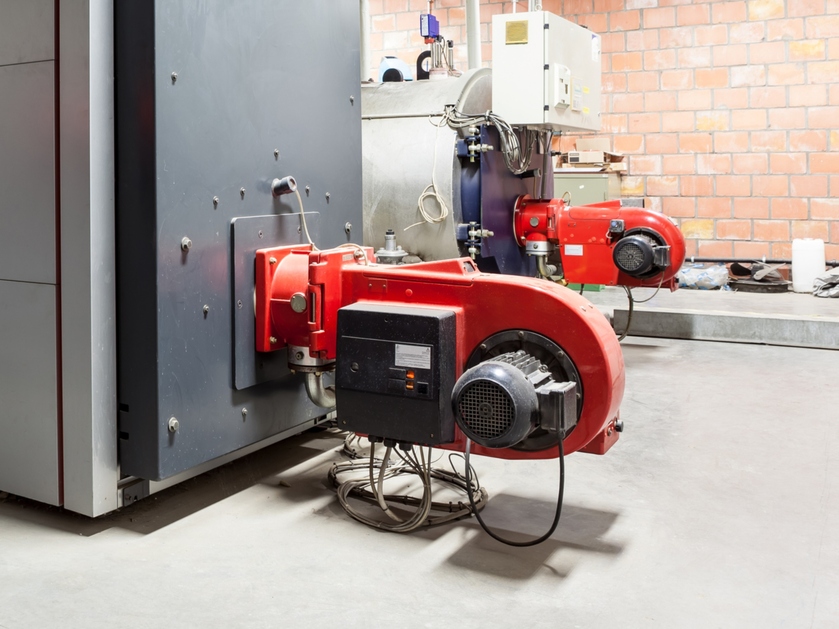Burners play a crucial role in the boiler combustion process, which is essential for generating heat and producing hot water or steam. A well-designed and properly maintained burner promotes complete fuel combustion, which minimizes emissions and optimizes heat transfer and energy efficiency. Here, we'll highlight ways in which burners can fail and what you can do about them.
How burners work
The burner uses a carefully controlled combustion process to produce heat for the boiler. The process begins when fuel and air enter the burner. An ignition system, typically an electronic ignition or pilot light, ignites the air and fuel mixture, initiating combustion. The intense heat from combustion radiates onto the boiler's heat exchanger or water tubes, transferring thermal energy, which heats up to produce steam or hot water.
A stable and controlled flame is essential to efficient and safe operation. Burner components, such as the nozzle and flame stabilizer, play a key role in maintaining a consistent and stable flame. The control system monitors and adjusts the fuel and airflow rates to regulate the heat output. Modern burners are equipped with safety features, such as flame sensors and pressure switches, that monitor the combustion process and shut it down in case of abnormal conditions.
Why burners fail
Burners can fail for multiple reasons, impacting the efficiency and functionality of the boiler. Here are five common causes of burner failure.
1. Insufficient or contaminated fuel supply can lead to burner malfunction, causing erratic combustion and potentially damaging the burner components. This malfunction can result from clogged fuel lines, low fuel pressure or poor fuel quality.
2. Restricted airflow to the burner can disrupt the combustion process, leading to incomplete burning of fuel and the formation of soot or carbon deposits within the burner assembly.
3. Ignition system issues, such as faulty electrodes or control modules, can prevent proper ignition of the fuel-air mixture, causing the burner to operate only intermittently or fail to light up altogether.
4. Malfunctioning flame sensors can result in the burner failing to detect the presence of a flame or maintain stable combustion, leading to repeated shutdowns for safety reasons.
5. Defective control systems, including malfunctioning limit switches, pressure switches or temperature sensors, can disrupt the burner's operation, causing it to cycle on and off unexpectedly or fail to respond to heating demands.
Preventive maintenance pays off
The efficiency, reliability and safety of burner performance depends on proper maintenance and operation and control of the combustion process. Addressing potential causes of burner failure through regular inspection, cleaning and adjustment of burner components is essential for optimal performance and equipment lifespan. Those preventative steps can save you money on energy costs, as well as equipment repair and replacement

